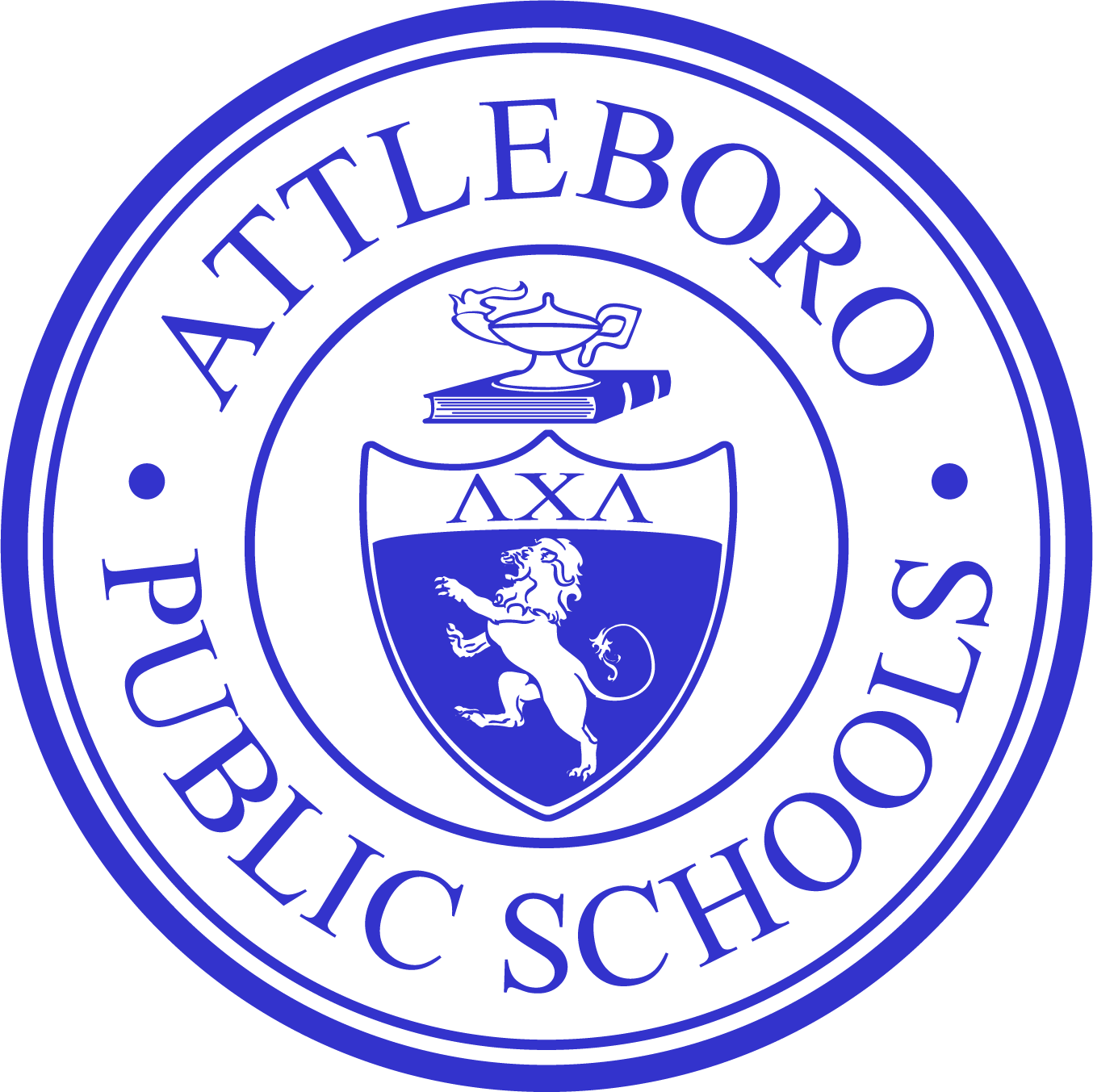McKinney-Vento Homeless Assistance Act and Local Resources
Visit the APS Welcome Center’s Community Resource Guide for a list of local resources.
Defining Homelessness
The McKinney-Vento Homeless Education Assistance Act is a federal law that ensures immediate enrollment and educational stability for homeless children and youth. The McKinney-Vento Act defines homeless children and youths as "individuals who lack a fixed, regular, and adequate nighttime residence." If children or youths live in any of the following situations, they may qualify for certain rights and protections:
Sharing the housing of other persons due to loss of housing, economic hardship, or similar reason;
Living in motels, hotels, trailer parks, or camping grounds due to the lack of alternative adequate
accommodations;
Living in emergency or transitional shelters;
Are abandoned in hospitals;
Have a primary nighttime residence that is a public or private place not designed for or ordinarily used as a regular sleeping accommodation for human beings;
In cars, parks, public spaces, abandoned building, substandard housing, bus or train stations, or similar settings;
Migratory children (as defined in section 1309 of the Elementary and Secondary Education Act of 1965, as amended) who qualify as homeless because they are living in circumstances described above
If you believe your children may be eligible, contact the APS Mckinney-Vento liaison to find out what services and supports may be available.
Children and Youth Experiencing Housing Instability or Homelessness Right to:
Immediately enroll in the district where they are temporarily residing, even when records which are usually required for enrollment are not present.
Students can attend classes while the school works with the family to gather needed documents
Continue attending the school of origin (the school that the student was attending at the time he/she became homeless, or the last school the student attended prior to becoming homeless), if in the student’s best interest
At the family’s request, students can receive transportation for up to one hour to and from their school of origin if it is in the child's or youth's best interest
Homeless students may continue to attend their school of origin for as long as they remain homeless or until the end of the academic year in which they obtain permanent housing
Receive educational services and support for academic success
Includes access to services and programming according to your child’s needs (i.e. special education, Title I, vocational/technical, language, and nutrition programs)
Participate in any school activity that is available to other students
Receive free school meals
Local Food Pantries
Please visit the Community Resource Guide for a full list of local resources.
